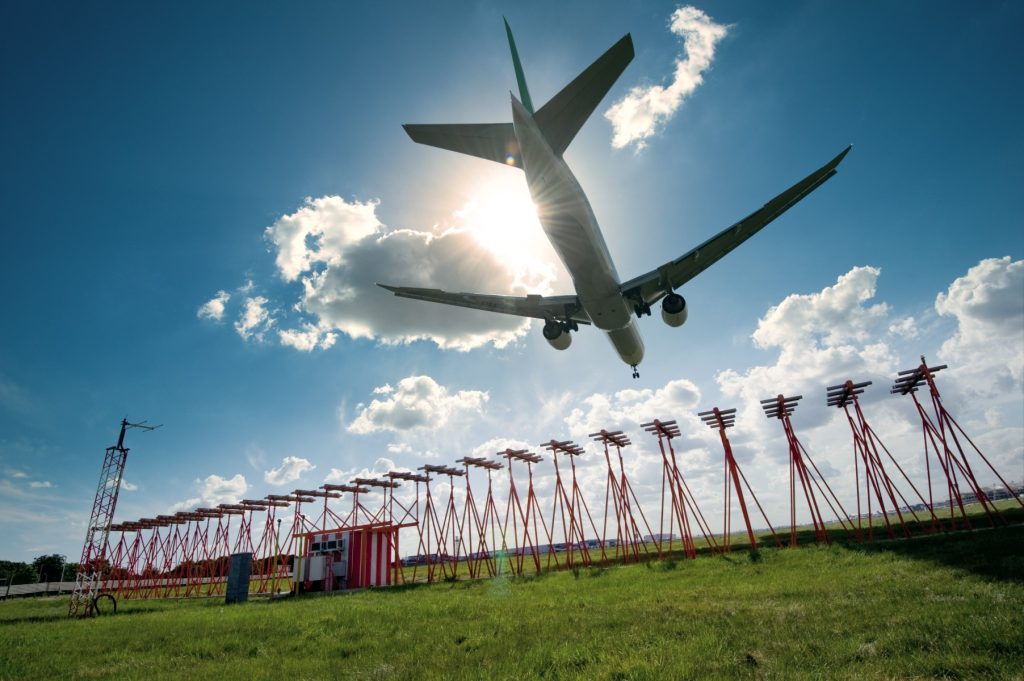LONDON – Today, 31 January 2023, the UK government has laid regulations before Parliament that brings airports slots rules for the upcoming summer season back in line with pre-pandemic levels.
At the same time, certain flexibilities will be maintained to support the aviation industry’s recovery.
Slot utilisation from March
From 26 March 2023, airlines will once again need to use their slots 80% of the time in order to keep them – the ratio in place before passenger numbers dropped as a result of the pandemic.
It’s a vote of confidence in the aviation industry as demand for international travel returns – with passenger numbers at UK airports reaching 85% of equivalent 2019 levels by October 2022.
The government remains focused on reducing disruption and ensuring a positive passenger experience for those taking a well-earned break this summer.
As part of that, airlines will be able to hand back up to 5% of their slots before the start of the season, to help plan realistic schedules and avoid last-minute cancellations.
The Transport Secretary will announce the new measures during his keynote speech at the Airport Operators’ Association’s (AOA) annual conference today.
According to today’s published government statement, he is expected to say:
“Today, I can confirm that slots rules will return to normal this summer. But we’re maintaining the safety net introduced during Covid…and airlines can hand back 5% of slots to help minimise last minute cancellations.”
“Now we’re able to start a new, more optimistic, conversation about the future. About an industry no longer constrained by outdated practices, but modernising its infrastructure and operations.”
“No longer the poster child for environmental decline, but committed to a future of sustainable flight. And no longer at risk of becoming a diversity desert, but attracting talent from all backgrounds.”
Addressing ghost flights
Airlines will also continue to benefit from increased flexibility over when they are justified not to use their slots, for example, where either end of a route is affected by COVID-19 restrictions.
This will reduce the risk of environmentally damaging so-called “ghost flights” – empty planes flying just to make the slots usage ratio.
A bit like parking spaces for planes, slots are used to manage capacity at the busiest airports. A slot gives permission for an airline to use the full range of airport infrastructure (runway, terminal and gates, for instance) necessary to operate an air service at an airport on a specific date and time.
To retain their slots for the next equivalent season, airlines must use their slots a certain number of times – but during the pandemic the usage ratio was reduced to provide relief to airlines as they saw a drop in demand as result of COVID-19 restrictions.
Without these alleviations, there would have been a rise in ‘ghost flights’.
The decision follows a period of consultation with the sector on how the government can best support its recovery while ensuring slots get used where demand allows.









